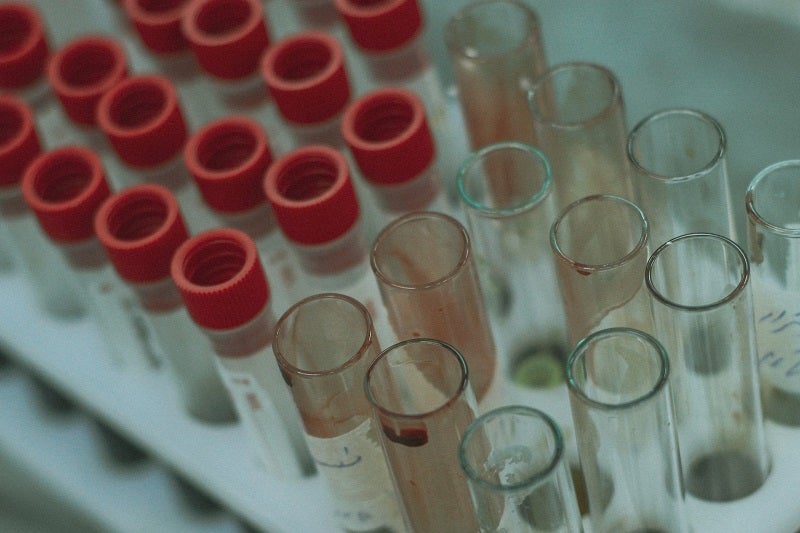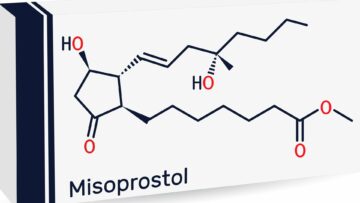<!–
–>

Thermo Fisher Scientific and AstraZeneca are collaborating on the development of a new solid tissue and blood-based companion diagnostic (CDx) test for Tagrisso (osimertinib).
This collaboration is part of a global, multiyear agreement that the companies entered into in September 2021.
The new CDx test, dubbed Oncomine Dx Express Test, will be designed to identify non-small cell lung cancer (NSCLC) patients who could be eligible to receive treatment with Tagrisso.
It will detect tumours that show alterations of epidermal growth factor receptor (EGFR), including exon 21 L858R mutations, exon 19 deletions or T790M mutations.
Thermo Fisher Scientific stated that the collaboration will run the new test on the Genexus Dx System, the company’s completely integrated next-generation sequencing (NGS) platform.
To help advance precision oncology, the platform includes an automated specimen-to-report workflow that provides results in 24 hours.
NGS-based CDx testing enables the detection of multiple biomarkers from a single test.
This helps match patients with suitable targeted treatments more quickly.
Thermo Fisher Scientific clinical NGS and oncology president Garret Hampton said: “As part of our ongoing partnership with AstraZeneca, today’s announcement will help bring targeted oncology treatments to more patients in need of new care options.
“By leveraging the Genexus Dx System’s unprecedented turnaround time, we can help ensure molecular testing results are more readily available to inform vital treatment decisions.”
Currently, Tagrisso is approved in many countries and regions worldwide as a treatment for locally advanced or metastatic EGFR T790M mutation-positive NSCLC patients as well as a first-line treatment for locally advanced or metastatic NSCLC patients whose tumours have L858R substitution mutations.
It is also approved as an adjuvant treatment for NSCLC patients whose tumours have EGFR exon 19 deletions or exon 21 (L858R) substitution mutations after tumour resection.
<!– GPT AdSlot 3 for Ad unit 'Verdict/Verdict_In_Article' ### Size: [[670,220]] —
!– End AdSlot 3 –>
- SEO Powered Content & PR Distribution. Get Amplified Today.
- Platoblockchain. Web3 Metaverse Intelligence. Knowledge Amplified. Access Here.
- Source: https://www.medicaldevice-network.com/news/thermo-fisher-astrazeneca-cdx-test/
- 2021
- a
- Ad
- advance
- advanced
- After
- aims
- and
- Announcement
- approved
- Automated
- available
- bring
- Cancer
- care
- Clinical
- collaboration
- Companies
- Company’s
- completely
- could
- countries
- credit
- decisions
- deliver
- designed
- Detection
- develop
- dubbed
- DX
- eligible
- enables
- ensure
- entered
- express
- first-line
- from
- Global
- GlobalData
- Growth
- Hampton
- help
- helps
- HOURS
- HTTPS
- identify
- in
- includes
- Including
- integrated
- leveraging
- locally
- many
- Match
- molecular
- more
- multiple
- Need
- New
- next-generation
- oncology
- ongoing
- Options
- part
- partner
- Partnership
- patients
- platform
- plato
- Plato Data Intelligence
- PlatoData
- Precision
- president
- provides
- quickly
- receive
- regions
- Results
- Run
- Said
- September
- Share
- show
- single
- Size
- solid
- stated
- suitable
- system
- targeted
- test
- Testing
- The
- time
- to
- today’s
- treatment
- unit
- unprecedented
- Unsplash
- vital
- WHO
- will
- workflow
- worldwide
- zephyrnet












